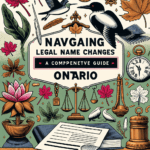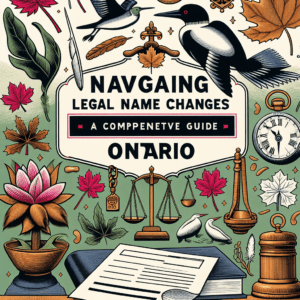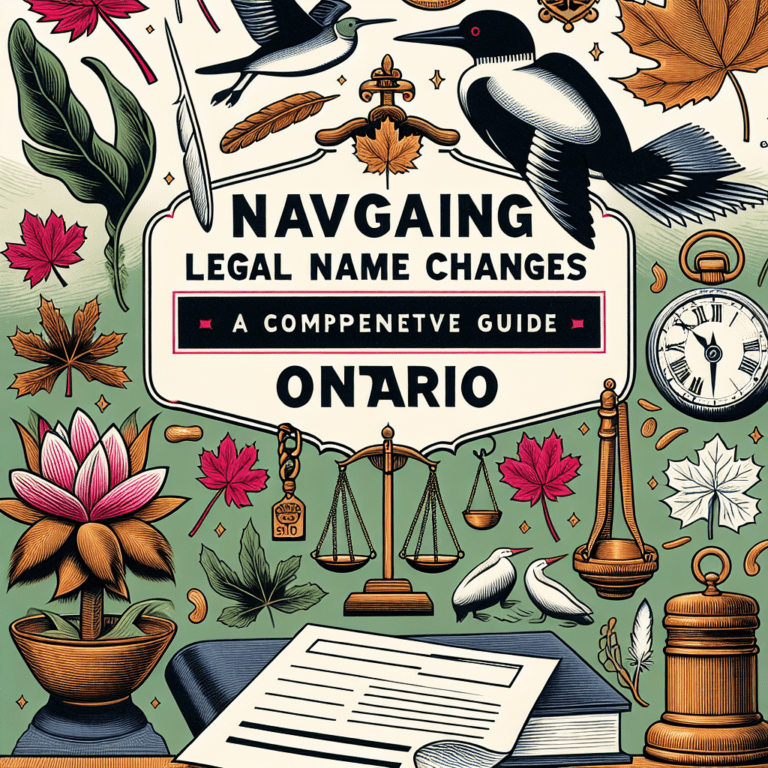In an increasingly complex legal landscape, understanding legal services societies is crucial for ensuring access to justice. Many individuals feel overwhelmed, grappling with the intricacies of legal systems, often leading to feelings of helplessness and frustration. As barriers to legal representation continue to grow, the role of these societies becomes paramount. They not only provide vital support but also empower communities by bridging the gap between the law and the people it serves. In this article, we will explore the pivotal role of legal services societies in promoting justice and dissect the key insights and challenges surrounding access to justice.
The Role of Legal Services Societies in Promoting Justice
Legal services societies are instrumental in democratizing access to legal representation. These organizations are dedicated to providing legal assistance to those who cannot afford it, ensuring that justice is not just a privilege for the wealthy. By offering free or low-cost services, they enable individuals from marginalized backgrounds to navigate the legal system effectively. This is particularly important in cases involving family law, immigration, and housing, where the stakes are incredibly high, and the complexities can be overwhelming.
Moreover, legal services societies engage in advocacy and outreach, raising awareness about legal rights and available resources. They often collaborate with community organizations to educate the public about their rights and the legal process, breaking down the barriers of ignorance that can lead to injustice. This proactive approach not only empowers individuals but also fosters a more informed community that can stand up for itself. The role these societies play in mobilizing resources and uniting individuals in their quest for justice is often underappreciated, yet it is vital for societal change.
In addition, legal services societies provide a platform for training and mentorship for emerging legal professionals. By involving law students and recent graduates in their initiatives, these organizations cultivate a new generation of advocates who are passionate about social justice. This not only benefits the individuals receiving legal assistance but also contributes to the overall health of the legal profession, fostering a culture of service and advocacy that is often lacking in traditional legal settings. The cyclical nature of this relationship enhances the quality of legal aid services provided to society.
Navigating Access to Justice: Key Insights and Challenges
Access to justice remains a critical issue, highlighted by systemic inequalities within the legal framework. Many individuals are unaware of their rights or how to access the resources available to them. Even when they do seek help, the complexity and cost of legal services can be daunting. This results in a significant portion of the population either abandoning their pursuit of justice or facing an uphill battle without the necessary support, which can lead to lost cases and, ultimately, lost rights.
The challenges faced by legal services societies are manifold. Funding is a primary concern, as many of these organizations rely on government grants and donations. When budgets are cut or funding becomes scarce, the services offered can diminish, leaving vulnerable populations without necessary support. Additionally, the increasing complexity of the legal landscape requires continual adaptation and training. Legal services societies must remain agile, developing innovative strategies to train their staff and volunteers to handle emerging issues, such as technology-related legal challenges, which are becoming more prevalent in today’s society.
Moreover, there often exists a disconnect between the legal community and the communities they serve. Legal services societies strive to bridge this gap, but it requires ongoing effort and commitment from both sides. Ensuring that legal professionals understand the unique needs and circumstances of their clients is essential for providing effective representation. By fostering relationships built on trust and understanding, legal services societies can work towards dismantling the barriers that prevent access to justice, paving the way for a more equitable legal system.
In conclusion, legal services societies are pivotal in promoting justice and ensuring that access to legal representation is a reality for all, not just the privileged few. As they face funding challenges and strive to connect with the communities they serve, the need for advocacy and support for these organizations has never been greater. By understanding the vital role they play and the obstacles they encounter, we can all work together to enhance access to justice. If you or someone you know is struggling with legal issues, consider reaching out to a local legal services society. Their resources and expertise could be the key to unlocking the path to justice.
Understanding Legal Self-Defense Weapons in CanadaUnderstanding Legal Paper Size: Dimensions and Uses ExplainedNavigating Legal Name Changes in Ontario: A Comprehensive GuideRelevant LinkRelevant LinkRelevant Link



















